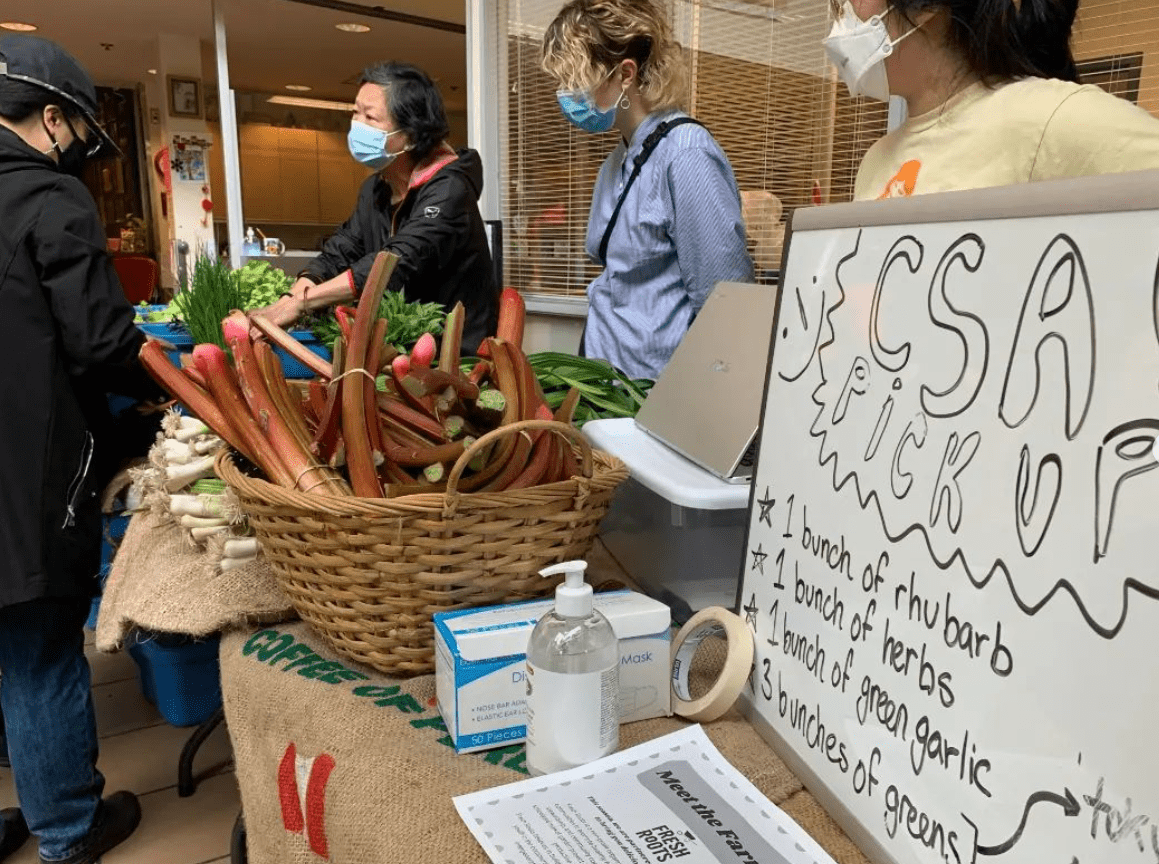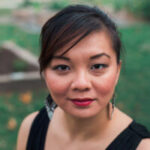In an east Vancouver neighbourhood with a high population of immigrants and newcomers, a community group has been working to solve food insecurity since 2002.
Ryan Ng, food justice manager at Renfrew-Collingwood Food Justice — a program offered by the Collingwood Neighbourhood House (CNH) — in Renfrew-Collingwood, recognized a need to connect newcomers and Vancouver residents to share cultural foods and learn about each other’s food backgrounds.
“Our food team is diverse,” Ng said. “This opportunity is an easy way for people to connect.”
The Renfrew-Collingwood Food Justice program, which paired ten newcomers with ten Canadian neighbours, started this year and runs until December. It aims to build friendships amongst neighbours, share nutritional knowledge, improve food security, and empower newcomers.
The Renfrew-Collingwood neighbourhood is home to over 51,000 people, including a 56 per cent immigrant and nearly 11 per cent refugee population. People of Chinese descent make up the largest share of the population in this neighbourhood at over 40 per cent.
This year, the food justice program includes four seasonal workshops during which the partnered pairs meet up and explore what’s available in the region, using money provided by grants.
According to Ng, the newcomers in this cohort immigrated from Hong Kong, China, India, Mexico, and South American countries.
When Neha Kadam, 34, an interior designer from Mumbai, India, moved to Canada with her daughter last December, an airport official recommended she visit community centres and neighbourhood houses for support.
She sought out CNH where settlement worker Hannah Balba connected Kadam to Ng and the mentorship program, after learning about Kadam’s passion and interest in cooking.
According to a 2021 report from Immigration Refugees and Citizenship Canada (IRCC), “when newcomers knew about services offered, the majority of clients who identified needs received referrals to address those needs.”
About 95 per cent of newcomers who received services said they were useful. However, the report also found that amongst newcomers who knew about these services, over half of them did not know how to get the ones they needed.
The ‘right to food’
When Kadam shared her interest in learning how to grow her own food, Ng told her about community gardens and workshops provided through the food justice program.
“I’m a good cook,” Kadam said with a laugh. “I cook at home every day. I mean, Indian food. I am still learning Italian and Asian dishes.”
The workshops are the main draw for Kadam, who said she has not yet found time to explore local foods in her community with a partner through the food justice program. Like many newcomers, much of Kadam’s days are reserved for job hunting.
But coming from the cosmopolitan city Mumbai, Kadam loves to explore new cultures, people, and food. “I like to connect with people in different ways, whether it’s cooking, exercise or other activities,” she said.
Kadam hopes to share her own recipes with her cohorts in this program soon.
To his knowledge, Ng said, there are no other community programs similar to this that address food access and food security.
The “right to food” means more than meeting basic nutritional requirements, according to the program website. Some of its projects include creating a community fridge and pantry, stewarding the Norquay Food Forest and stopping the Filipino restaurant hub on Joyce Street from being displaced.
When COVID-19 restrictions happened, the group pivoted from community kitchens and weekly community meal programs to producing frozen meals for weekly emergency food distribution.
It continues working today to solve issues like hunger, isolation, and racism in the community.
The idea for the food justice mentorship program comes from Ng’s past work experience as a registered social worker in Hong Kong. There, he worked on a career mentorship program that paired high school students with adult professionals, and students were referred to him by the school.
Similar to that situation, the settlement team at CNH refers newcomers to him for this program.
The group will host its next workshop at the CNH RISE Community Health Centre in July where each pair will learn about nutrition and navigating B.C.’s health-care system.
The mentorship program received funding from the IRCC and the Million Garden Movement.
Note: This article has been updated to correct Ryan Ng’s title at Collingwood Neighbourhood House and to clarify that the food justice program is a part of CNH.
Deanna Cheng is a freelance journalist who has been published in various publications such as Vancouver Courier and Asian Pacific Post. She often covers culture, intersectionality and Vancouver.





